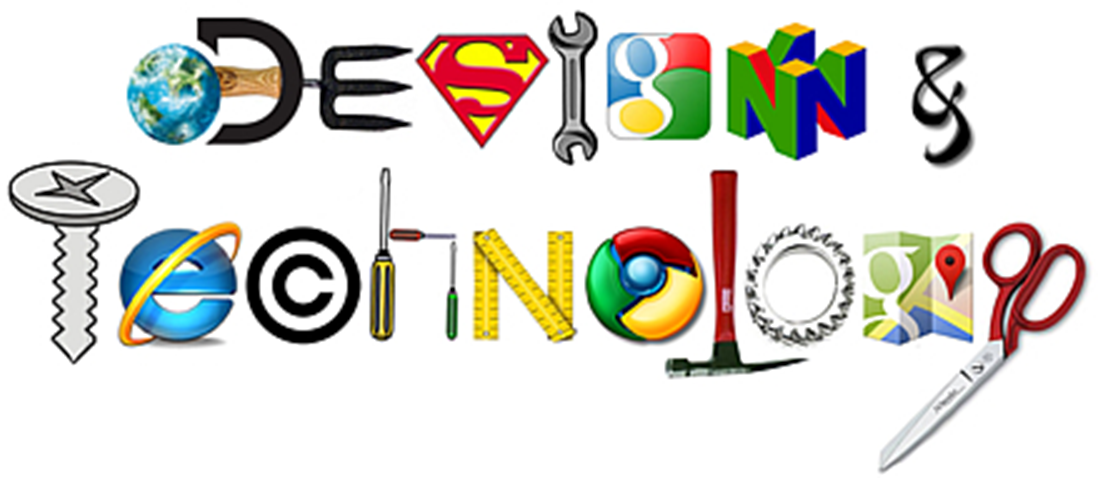Design and Technology

Intent:
At Nottingham Academy, Design and Technology (DT) prepares children to take part in the development of tomorrow’s changing world. Our intent is that the subject encourages children to become autonomous and creative problem solvers, both as individuals and as part of a team where they are also able to develop their innovative thinking. Design and Technology enables them to identify needs and opportunities and to respond by developing ideas, reflecting on, adapting and evaluating their designs to produce products that meet the criteria and design brief. Throughout our progressive curriculum, children will learn and build on a range of knowledge and skills in the areas of construction, mechanisms, food and nutrition, textiles, and electrical systems.
Implementation:
Substantive and disciplinary knowledge
Substantive knowledge in design and technology is based on the knowledge of four key elements of the process of design (design, make, evaluate and technical knowledge). All of these elements will be taught from nursery to Year 6 and vocabulary is taught explicitly and will be deliberately practised and applied through the 4 key elements.
Disciplinary knowledge in design and technology is the process of enabling children to use their substantive knowledge of products and materials around them to make links between and across different areas of the curriculum. Disciplinary knowledge in design and technology will equip the children with the opportunity to explain how and why products have changed over time and how they might be further improved in the future. They can use their knowledge and understanding to suggest how existing products may be improved with the advances in modern technology.
Both substantive and disciplinary knowledge are detailed on our school progression documents. Teachers use this document to plan a well sequenced unit of work.
- The National Curriculum and GAT Early Years progression framework have informed the development of our detailed progression documents.
- D&T topics are linked to a theme or topic in another area of the curriculum. For example, our year 4 children design and make an Iron man structure with an electrical system. This links English and science electricity unit to the D&T project, with an opportunity for children to apply what they have learnt within a creative context.
- The understanding of technical knowledge has been carefully sequenced to build year-on-year. This is clearly outlined in our Sticky Knowledge documents.
- Units of work are sequenced to allow children to research, design, build an understanding of technical knowledge, make and evaluate their work. Our bespoke D&T project booklets provide a clear structure the unit of work and allow children to showcase their learning journey.
- Our Sticky Knowledge for D&T outlines the key knowledge that we want our children to know and remember from each unit of work. This incorporates key vocabulary, technical knowledge, key questions and considerations for making and evaluating products.
- As with all of our non-core subjects, teachers plan a sequence of learning following the structure below:
 LINK IT! Using our school progression documents, teachers consider links to prior learning in order for children to build on what they already know.
LINK IT! Using our school progression documents, teachers consider links to prior learning in order for children to build on what they already know. LEARN IT! Teachers plan and deliver engaging and meaningful learning opportunities with explicit teacher modelling, opportunities for children to think and talk like a designer, practice a range of technical skills, collaborate and become creative problem solvers.
LEARN IT! Teachers plan and deliver engaging and meaningful learning opportunities with explicit teacher modelling, opportunities for children to think and talk like a designer, practice a range of technical skills, collaborate and become creative problem solvers.  CHECK IT! Teachers plan for opportunities to review and check learning each lesson to ensure adaptations can be made to the next lesson.
CHECK IT! Teachers plan for opportunities to review and check learning each lesson to ensure adaptations can be made to the next lesson.  SHOW IT! At the end of a unit of work, children will have produced a product that matches the design brief by applying the skills they have been taught within the unit.
SHOW IT! At the end of a unit of work, children will have produced a product that matches the design brief by applying the skills they have been taught within the unit.  KNOW IT! Children will evaluate their products and will have an opportunity to demonstrate the learning they have retained.
KNOW IT! Children will evaluate their products and will have an opportunity to demonstrate the learning they have retained. -
In EYFS, the children have daily access to a variety of media and materials which they can explore to produce their own D&T creative work. Provision is carefully planned to suit the interests of the children, whilst developing the necessary foundation skills. Through on-going observations of the children, the adults have an in-depth knowledge about each child’s development. This ensures that the adults facilitating learning know each child’s next steps and can give the children the learning opportunity and experience they need to develop their D&T skills.
-
Our Primary D&T zone is developing, which celebrates exceptional products produced across school and showcases the emerging talent of our Primary designers.
-
Parents are invited to our regular curriculum showcase events, which feature the 'show it' pieces of work from year groups linked to their current learning - many of which are linked to D&T.
Impact
Through a well sequenced D&T curriculum, where children experience a variety of creative and practical activities built on a foundation of progressive skills and knowledge, our children develop their creativity and innovative thinking. Our progressive curriculum provides opportunities for our children to develop passions and interests in the creative, technical and practical expertise needed to design, make and evaluate effectively. Our children leave Nottingham Academy primary equipped with the skills and passion for an ever increasingly technological world and for them to greet it with confidence and enthusiasm.
